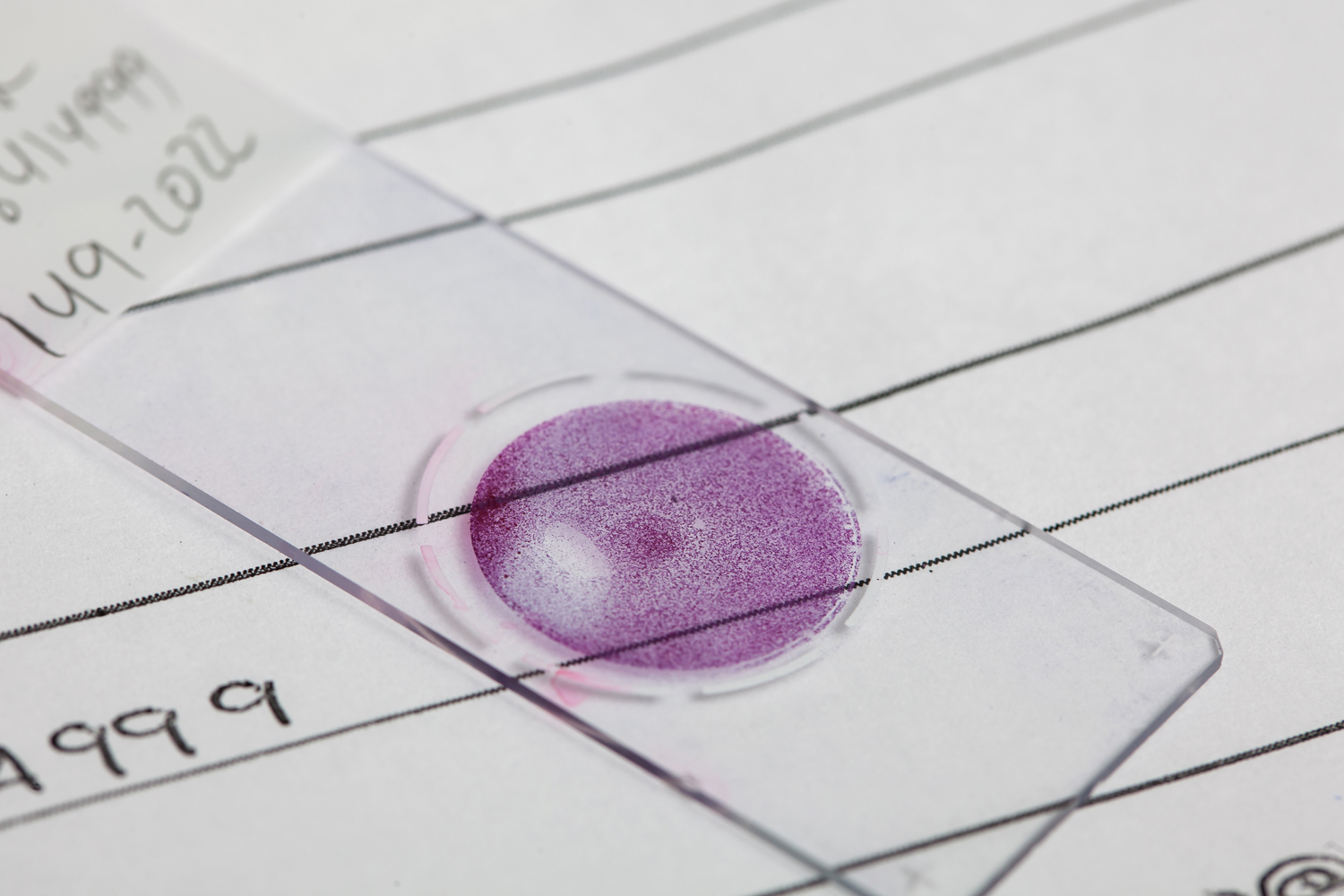Many People Unaware That HPV Infection Causes Cancer
Knowledge that the human papillomavirus (HPV) can cause several cancers remained low and awareness of its link to cervical cancer declined between the years 2014 and 2020 according to a new study presented April 18 at the American Association for Cancer Research (AACR) Annual Meeting in Orlando, Florida. (The AACR publishes Cancer Today.) The study analyzed results from the Health Information National Trends Survey to understand public knowledge of the link between HPV and cancer. HPV, which will infect nearly every sexually active person at some point, has been linked to anal, vulvar, throat, vaginal and penile cancer. The most prevalent cancer linked to HPV is cervical cancer, with over 90% of cervical cancer cases caused by HPV infection. But while the link between cervical cancer and HPV is the best known, awareness of it dropped 7.4 percentage points, from 77.6% in 2014 to 70.2% in 2020 according to an article by NBC News. Most people in the U.S. were unaware of the links to other cancers, with awareness that remained consistent at around 30%. “That was very shocking for us,” study author Eric Adjei Boakye said about the drop in awareness. Adjei Boakye is an assistant scientist in the Department of Health Sciences and the Department of Otolaryngology at Henry Ford Health in Detroit. An HPV vaccine first became available to girls and young women in 2006 and has since been expanded to a larger population, but it has long faced resistance from people concerned that it would encourage sexual risk taking. Despite the resistance, research has already seen an impact from the vaccine on cervical cancer rates in young women. “One of the reasons why the vaccination rate is low is the fact that people are not aware that it actually prevents cancer,” said Adjei Boakye. “So there has been a lot of talk about trying to improve people’s awareness level.”
High-risk Groups Permitted to Get More Frequent COVID-19 Vaccine Boosters
The Food and Drug Administration (FDA) announced April 18 that it has authorized high-risk groups to get a second booster of the bivalent COVID-19 booster. A Washington Post article on the decision said that people who are immunocompromised—including people in cancer treatment or who have received stem cell transplants—are eligible to get the bivalent vaccine if their last booster was at least two months ago, and that they should speak to their doctor about what is a safe time to wait between boosters going forward. People ages 65 and older can get a second booster if their last one was at least four months ago. The FDA is not urging these groups to get a booster now but permitting people to get it free of charge if they meet the requirements. “It seems like a pretty easy call given the risks of COVID in the immunocompromised population and the good safety record of the vaccine,” said Eric J. Rubin, a member of the FDA’s advisory committee on vaccines and editor-in-chief of the New England Journal of Medicine, in a separate Washington Post story.
Personalized Cancer Vaccine Helps Prevent Recurrence in Melanoma
The addition of a personalized mRNA vaccine to immunotherapy treatment for melanoma resulted in more people going 18 months without the cancer recurring, according to a new study presented April 16 at the American Association for Cancer Research (AACR) Annual Meeting in Orlando, Florida. (The AACR publishes Cancer Today.) MedPage Today reported that the addition of the vaccine led to 44% improvement in 18-month recurrence-free survival over immunotherapy alone, with 78.6% of people who got a vaccine going without recurrence compared with just 62.2% of people without the vaccine. “For the first time in a randomized study with a control arm, the addition of an mRNA neoantigen vaccine appeared to augment the benefit of PD-1 blockade, without adding significant high-grade toxicity,” said Jeffrey Weber, a study author and deputy director of NYU Langone Perlmutter Cancer Center in New York City. “This study is extraordinarily important, because it gives hope that this novel strategy will provide clinical benefit.” A sample of each person’s tumor was used to develop a vaccine that would provoke an immune reaction against their particular cancer. Importantly, researchers found that the vaccine had an effect in people with both high and low tumor mutational burden (TMB), a measure of the number of DNA changes in the cancer. Some researchers suspected people whose cancers had a low TMB might not have as strong a response. Weber said the model used to develop this vaccine could be used to develop vaccines for other solid-tumor cancers.
Cancer Today magazine is free to cancer patients, survivors and caregivers who live in the U.S. Subscribe here to receive four issues per year.





